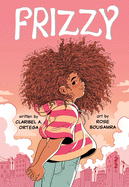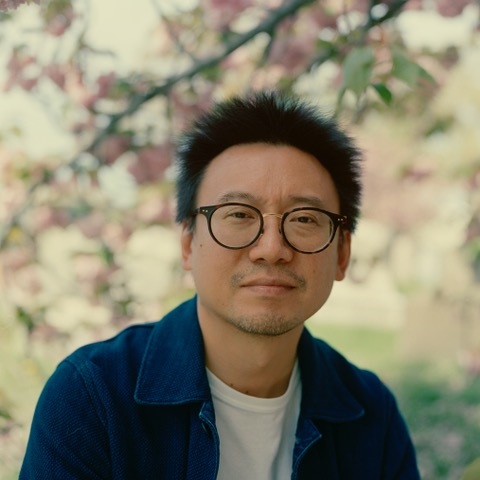 |
| photo: Devlin Claro |
Hua Hsu is a staff writer at the New Yorker and a professor of literature at Bard College. He serves on the executive board of the Asian American Writers' Workshop and was a fellow at New America (formerly the New America Foundation) and the Dorothy and Lewis B. Cullman Center for Scholars and Writers at the New York Public Library. He lives in Brooklyn, N.Y., with his family. His debut memoir, Stay True (Doubleday, September 27, 2022), is told with the wisdom, nostalgia, cultural ephemera and critical theory that has long characterized Hua's work in the New Yorker, the Atlantic, Grantland and elsewhere.
Handsell readers your book in 25 words or less:
A story about friendship and duty, the arrogance (and limitless dreams) of youth, the obligation to keep driving until the mixtape is over.
On your nightstand now:
I tend to juggle five or six books at once, as I'm usually either reading voraciously or not at all. Right now, the books closest to me are: Paul Auster's Moon Palace and Vauhini Vara's The Immortal King Rao--worlds to sink into. Joy Williams's guidebook The Florida Keys, and Matthew Stearns's 33 1/3 book about Sonic Youth, Daydream Nation--because if I don't have the time/energy to sink into a world, I need something short that I can dip in and out of. And Elizabeth Wurtzel's Prozac Nation, which I found on a neighbor's stoop recently. I remember seeing it around a lot when I was younger and had no idea what Prozac was.
Favorite book when you were a child:
What comes to mind at this very moment is How to Draw Comics the Marvel Way by Stan Lee and John Buscema. Like many people my age, I grew up wanting to be a comic book artist. At the very least, I thought I had good enough penmanship to be a letterer. I remember obsessing over this book, which was as much a manual for drawing physical forms as it was about how we show emotion through minute facial details, gestures and expressions.
Your top five authors:
Lucy Sante, Paul Beatty, Maxine Hong Kingston, whoever wrote the '90s zines Secret Asian Man, Greg Tate.
Book you've faked reading:
Thomas Pynchon's Gravity's Rainbow. I made the mistake of assigning this in a class, having never read it myself. To keep pace and stay ahead of my students, I basically skimmed it. Incredible opening line, though.
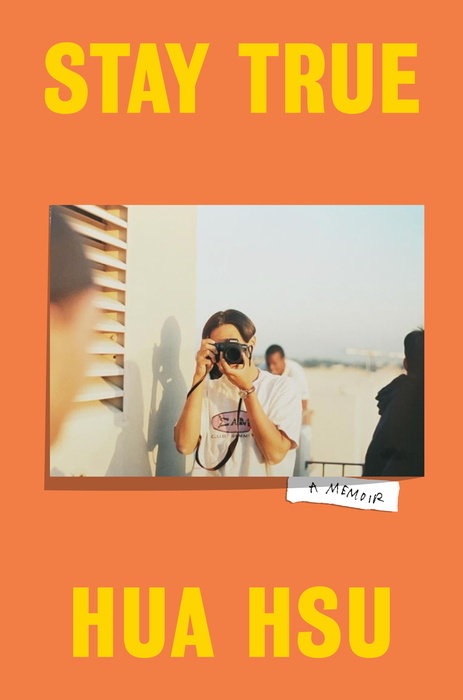 Book you're an evangelist for:
Book you're an evangelist for:
When I was working on my book, I sought out models for writing that bounced back and forth between scales--the everyday and the epic, the intimate and the global. Carolyn Steedman's Landscape for a Good Woman: A Story of Two Lives is an incredible study of British working-class culture. I believe Steedman is an academic historian of labor, and this is a really unusual and beautifully written book where she applies all these structural analyses of working class culture, domestic life, the relationship between labor and dignity, etc., to her own childhood. She toggles between her mother's upbringing in the '20s with her own in the '50s and reads her mother's sensibility (and her own childhood horizons) through these lenses that neither of them comprehended at the time. She's not sympathetic to her mother--some of it is quite withering--but she reckons with the forces that made her who she was.
Book you've bought for the cover:
I was walking down the street a few weeks back, and a gentleman who was trying to get people to sign up for an account at a local bank was also selling copies of his self-published book about the jazz visionary Sun Ra. I will buy anyone's self-published book about Sun Ra, but the cover was this fantastic image that remixed Pedro Bell's Afrofuturistic album covers from the '70s. It's called Sun Ra: Jazz Messiah by Mississippi Mahn, and it's a great book for anyone interested in Sun Ra, the prophetic thrust of black music and a genius.
Book you hid from your parents:
I didn't hide books from my parents, but I might have hidden from them the fact that I was slowly transferring their book collection into mine when I was a teenager.
Book that changed your life:
I randomly picked up Greil Marcus's Lipstick Traces when I was a teenager who was getting into zines, music writing, alternate histories. I assumed it was a history of punk, which is why it was so confusing to me that it was also a history of surrealism and Dadaism, the Situationists, the U.S. free speech movement. It was associative and sprawling, and I'm still working my way through the reading/listening/viewing list that I jotted down while reading it nearly 30 years ago. I think what the book showed me as a young music critic was that you don't have to persuade someone why something is good--only why it is important.
Favorite line from a book:
"A feeling went through Wittman that nothing wrong could ever happen again--or had ever happened. It's very good sitting here, among friends, coffee cup warm in hands, cigarette. Together we fall silent as the sun shows its full face. The new day. Good show, gods. Why don't I, from now on, get up for every dawn? My life would be different. I would no longer be fucked up. I set out on more life's adventure with these companions, the people with whom I have seen dawn. My chosen family. We're about to change the world for the better." --Maxine Hong Kingston, Tripmaster Monkey
Five books you'll never part with:
Kodwo Eshun, More Brilliant than the Sun: Adventures in Sonic Fiction
Greg Tate, Flyboy in the Buttermilk
Joan Didion, The White Album
Maxine Hong Kingston, Tripmaster Monkey
Mike Davis, City of Quartz
Book you most want to read again for the first time:
Willa Cather, My Ántonia.
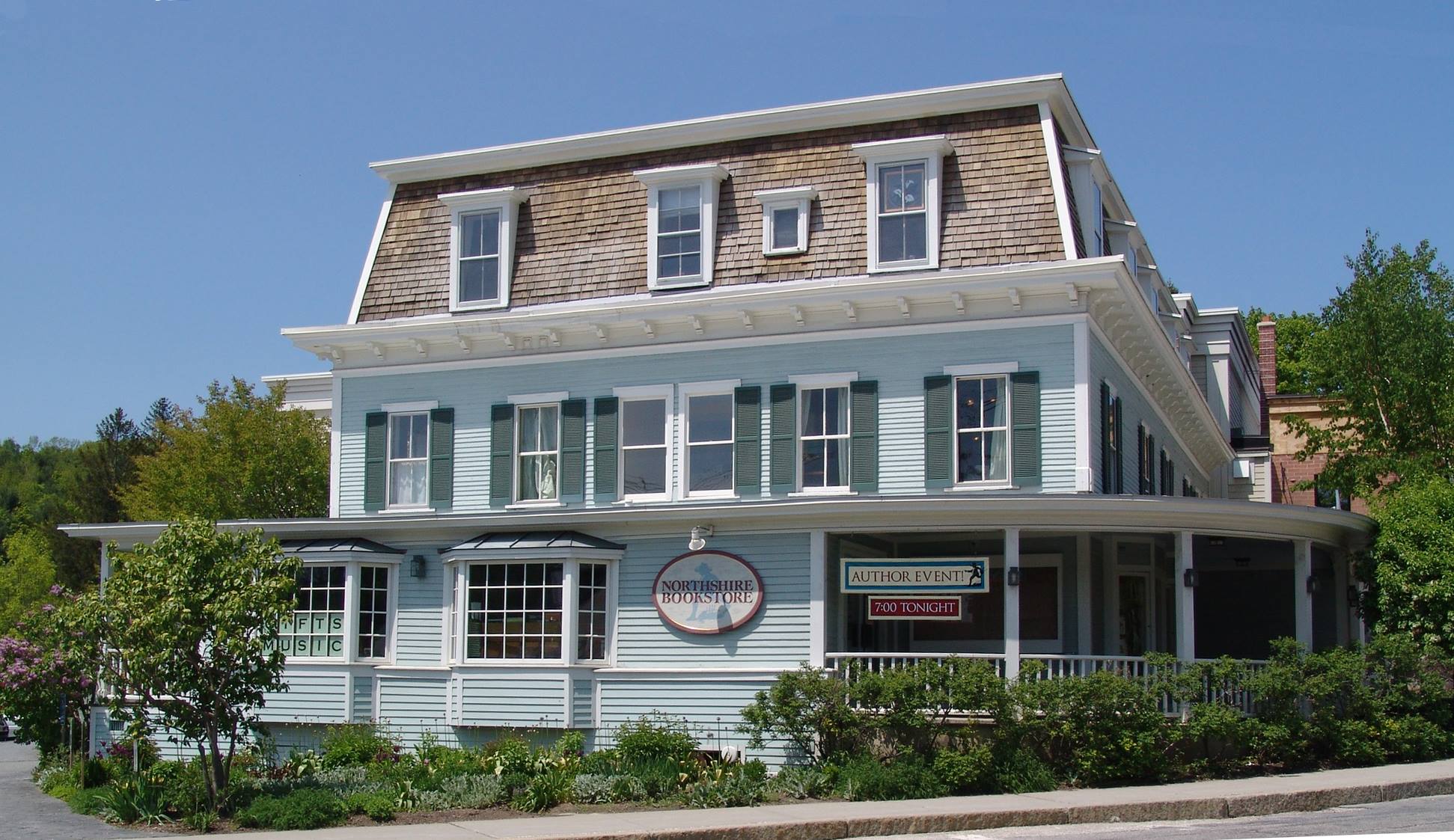 Northshire Bookstore, with locations in Manchester Center, Vt., and Saratoga Springs, N.Y., has announced a change in its ownership structure. In a Facebook post yesterday, the Northshire said that Cathleen Ihasz, Nicole Ihasz and Ashley Ihasz-Austin have acquired a majority interest in, and will be the new managing members of, the business. They assumed stewardship and operational control of both stores, as well as Northshire.com, the e-commerce site, effective September 26.
Northshire Bookstore, with locations in Manchester Center, Vt., and Saratoga Springs, N.Y., has announced a change in its ownership structure. In a Facebook post yesterday, the Northshire said that Cathleen Ihasz, Nicole Ihasz and Ashley Ihasz-Austin have acquired a majority interest in, and will be the new managing members of, the business. They assumed stewardship and operational control of both stores, as well as Northshire.com, the e-commerce site, effective September 26. 










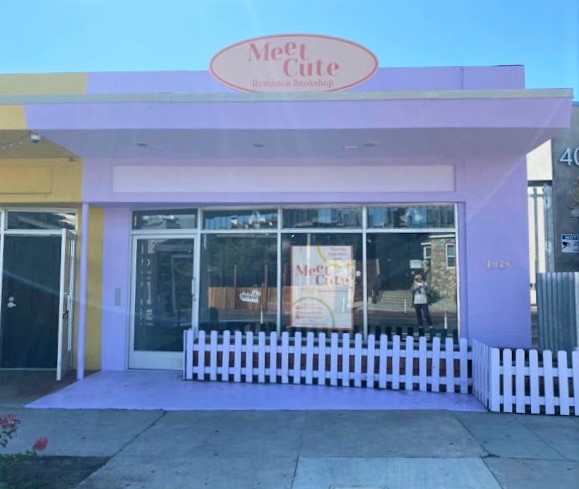

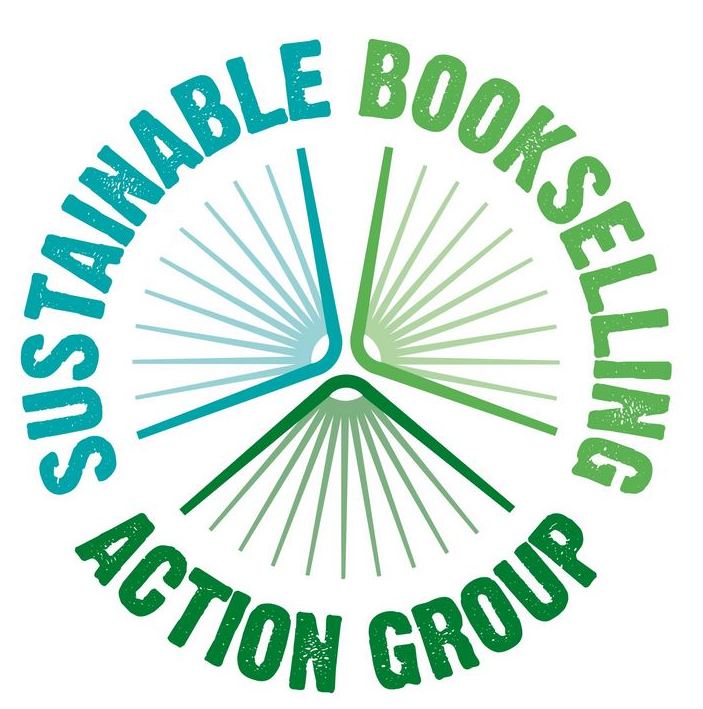 The Booksellers Association of the U.K. & Ireland has
The Booksellers Association of the U.K. & Ireland has 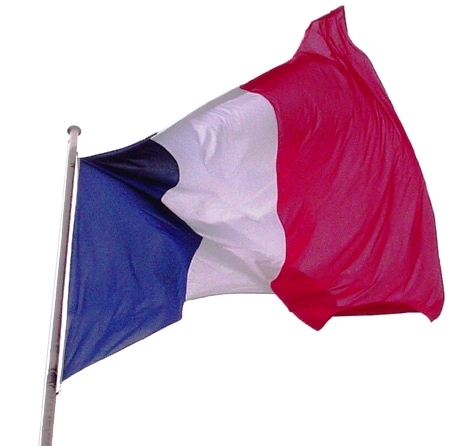 France plans to impose a minimum delivery fee
France plans to impose a minimum delivery fee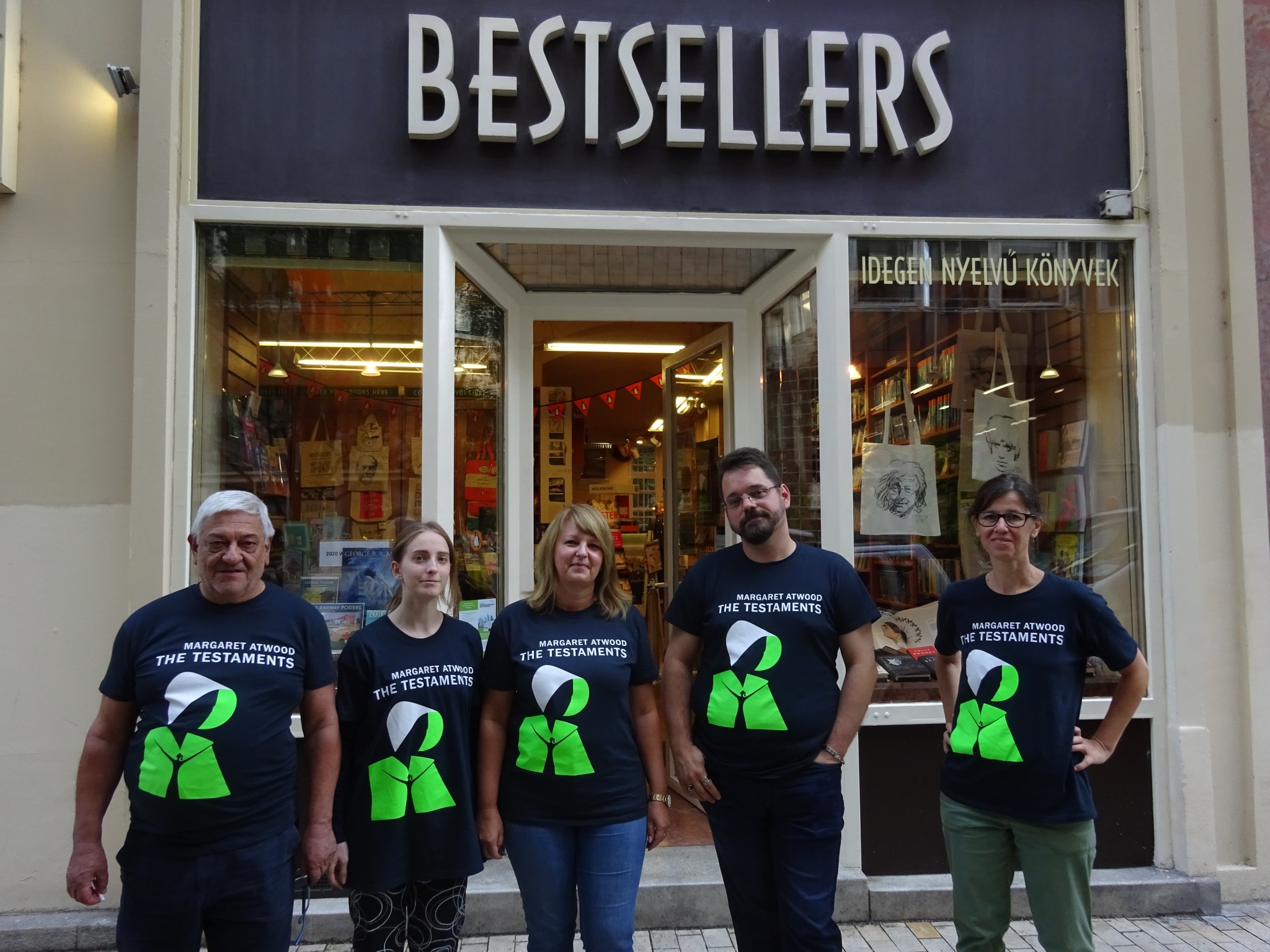 Congratulations to Hungarian bookseller
Congratulations to Hungarian bookseller 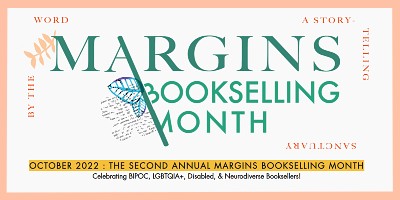 Penguin Random House is partnering with
Penguin Random House is partnering with 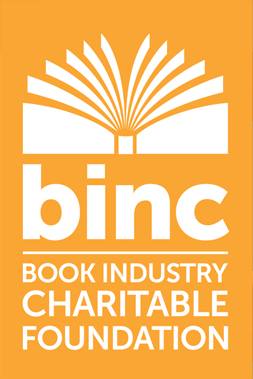
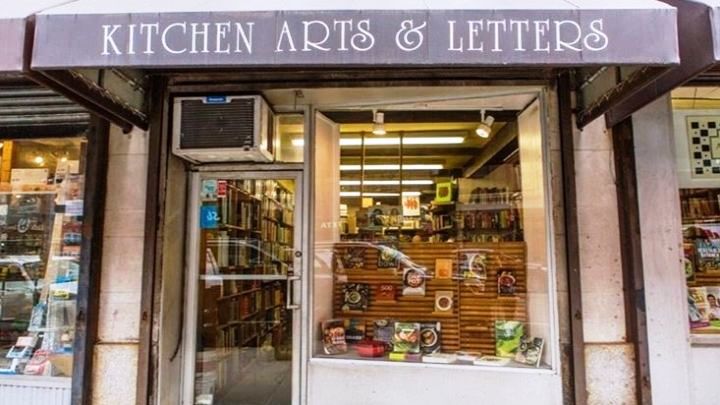 "Did you know that there are 16 dedicated cookbook stores across the United States and New York's
"Did you know that there are 16 dedicated cookbook stores across the United States and New York's 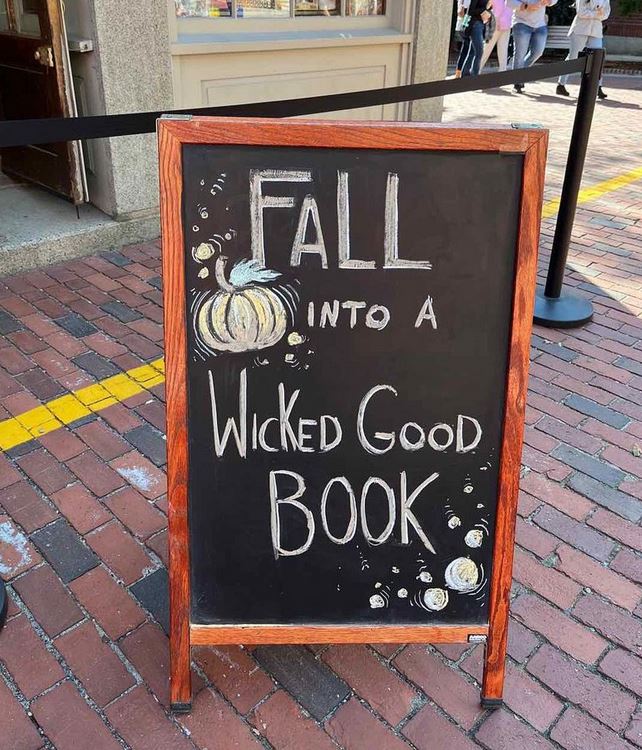
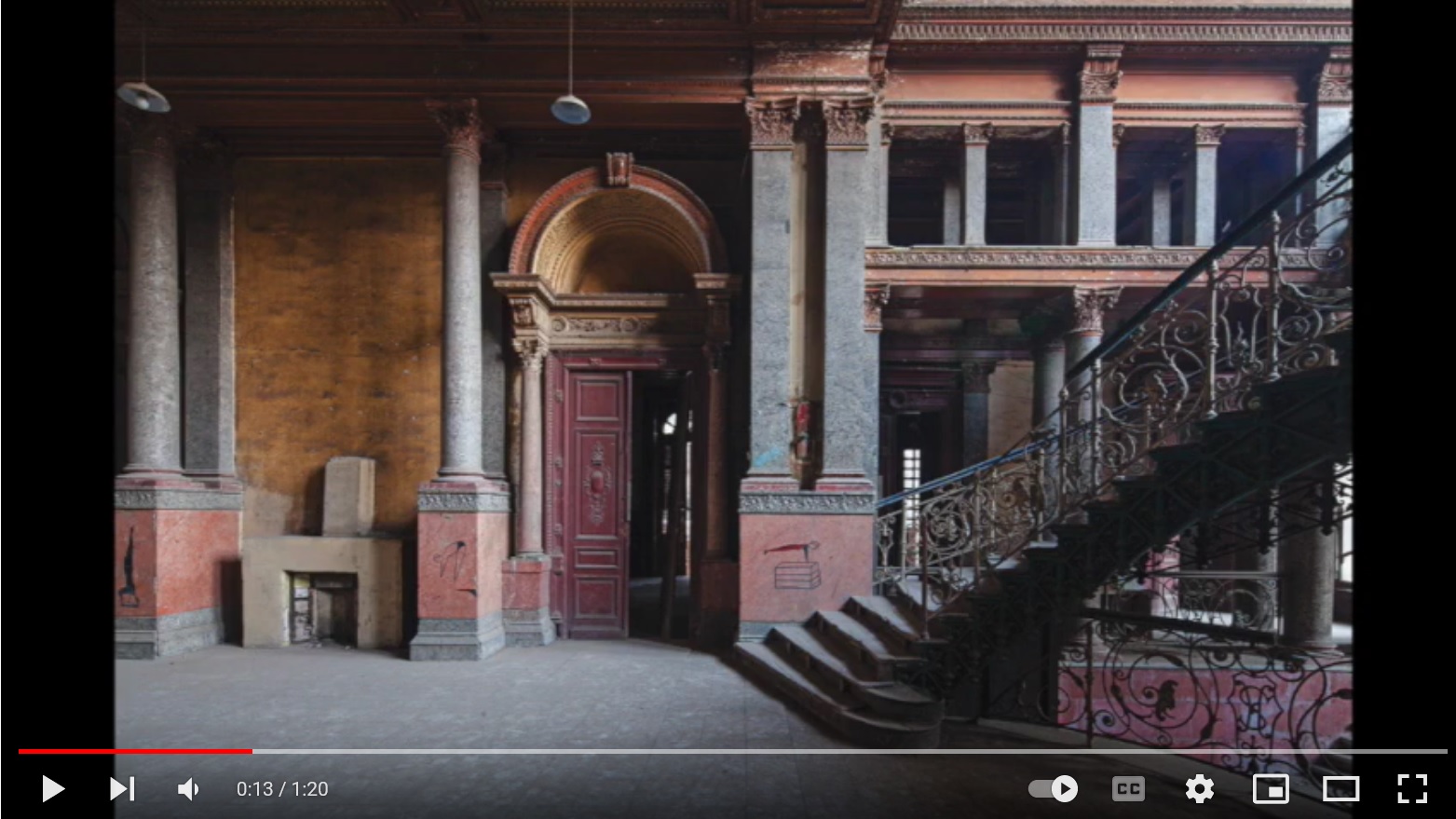 Dust: Egypt's Forgotten Architecture
Dust: Egypt's Forgotten Architecture
 Book you're an evangelist for:
Book you're an evangelist for: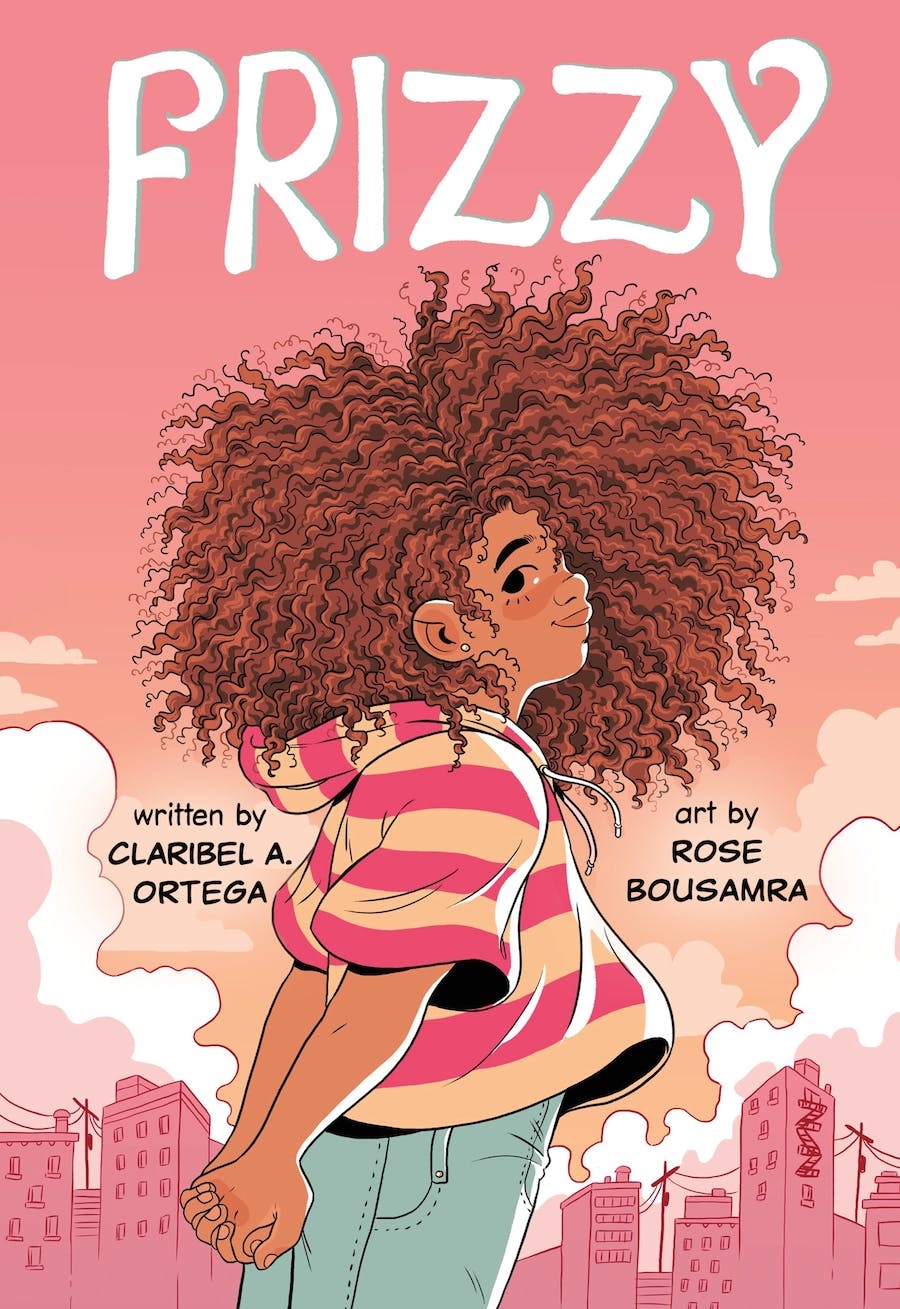 Claribel A. Ortega (
Claribel A. Ortega (